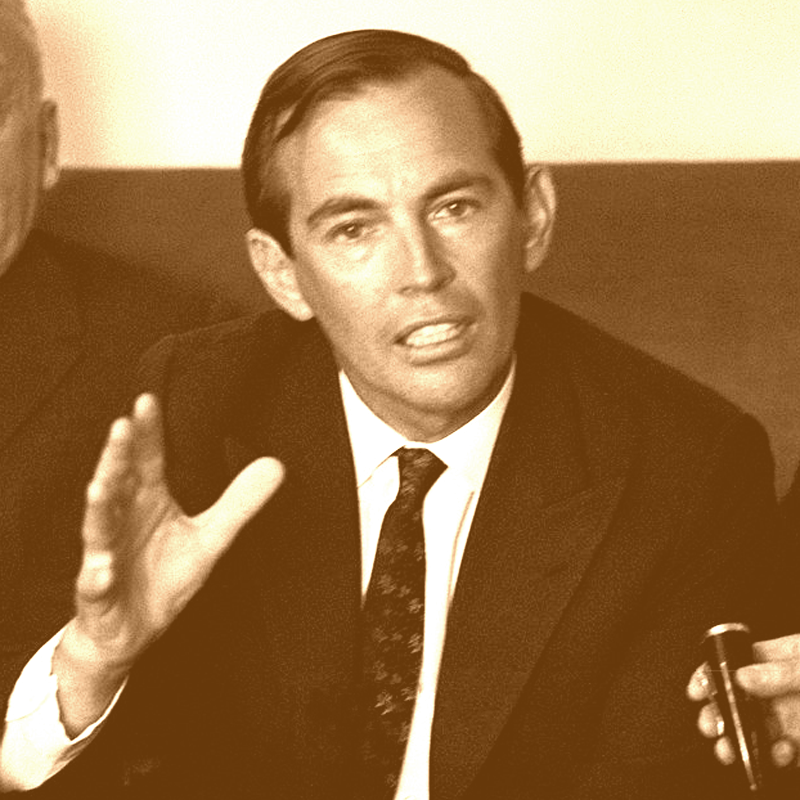Fifty Years of Heart Transplant

Heart Transplant Success -The Impact of Dr Barnard Fifty Years On –
Heart failure patient Sarah shares her thoughts on the enormous impact of the game-changing, world’s-first heart transplant achievement in 1967 and says thank you for the bravery and skills, still giving us hope today.
“It’s hard to believe that it was fifty years ago today that surgeon Christiaan Barnard, (1922-2001), performed the very first human -to -human heart transplant surgery. Amazingly, for such a cutting edge operation, four out of Barnard’s first 10 patients survived for over a year. One of them lived for an astounding 23 years post transplant.
Over the past half century, Barnard’s milestone procedure has become a fairly routine surgery (which can be performed in as little as four hours). The British Heart Foundation suggests that as many as 200 heart transplants are now carried out every year in the UK alone and some 3,500 worldwide annually.
Continued research into the use of anti-rejection drugs has ensured that the likelihood of a positive outcome, post transplant has increased greatly. Groundbreaking advances continue to improve these odds even more. In fact, current research shows that a drug designed to treat diabetes has shown promise as a low-side-effect, anti- rejection drug for transplant patients. Another step towards a longer, healthier life post transplant. Read more here.
We all have Christiaan Barnard and his team to thank for the enduring impact of this surgery and for the hope that his bravery and innovation bring to so many of us with insufficient heart function.
Fifty years ago today Barnard made one of the first and most groundbreaking steps on the road to making heart transplant surgery what it is today. However, as a patient this is sometimes a double-edged sword because even with five decades of improvements in surgical techniques and post-operative care, despite the incredible bravery of medical staff, patients and donor families alike, it is still, only a small percentage of patients in need that go on to receive a heart transplant.
Organ donation, though vitally important is not something that everyone considers. Unfortunately the notion of donating is not progressing as fast as medical research is and for patients with heart failure this can be another worry in an already stressful situation. Member of our heart failure community, Julie Bartlett who is waiting on the transplant list, made this point:
“Organ Donation is always bitter sweet, but I also firmly believe that as our generation recycles everything (paper plastic cans etc) to save our planet, why wouldn’t you recycle your organs to save someone’s life?”
The idea that somebody else’s life must be forfeit so that yourself or a loved one can live, is a tough one to reconcile. This is difficult enough alone, without the added worry of the tough selection criteria to be added to the transplant list and the awkward balance of being too unwell or, conversely too well for the surgery. The knowledge that someone else’s family is grieving a loved one to give a lucky patient another chance at life makes this a complicated situation all round. So it’s really no surprise that heart transplants happen in low numbers. Barnard’s legacy will always be a bittersweet one but he, and others working towards a longer and healthier life for heart failure patients, offers hope in what can seem a bleak outlook.
>You can register to be an organ donor at NHS Organ Donation Register. Please share your decision with family and friends<
We all know that there are other procedures, medications and devices that help keep heart failure patients stable, and that new developments are continually changing the playing field for this condition. Breakthroughs in ‘Heart in a box’ and LVAD technology and the positive results in immunosuppressant therapy will all make a huge difference to patients living with compromised heart function and to their families.
We are lucky to be living in a time where HF can be stabilised by medication, lessening the likelihood for more of us than ever that a transplant is necessary. All of this is marvellously positive but it’s still good to have the hope of a new heart should it be needed.
Fifty years on, we still thank you Dr Barnard for giving us this hope.”
Sarah

